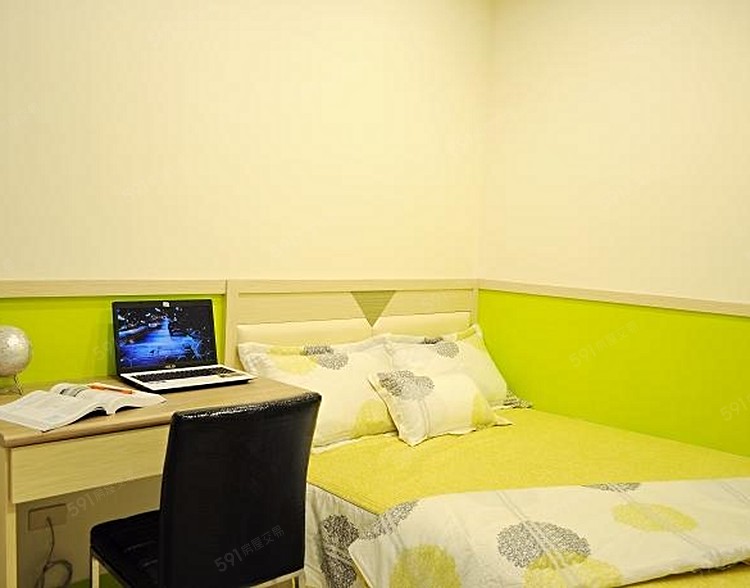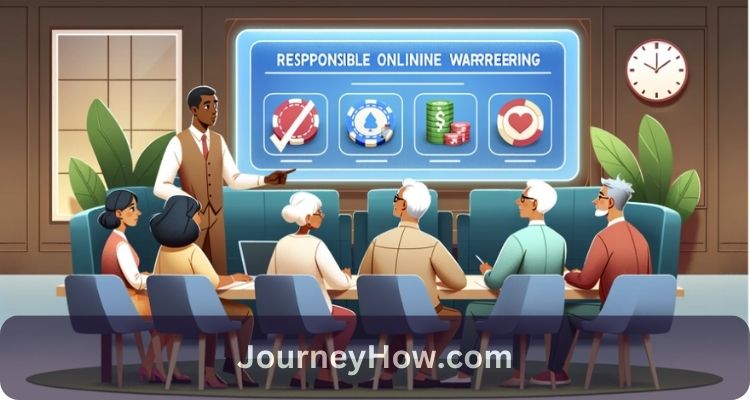Solar Energy Providers in Austin, Texas
Whether you are a Texan or a visitor, if you’re looking to take advantage of renewable energy in the state’s capital, there are several options available. In this article, we will discuss everything about Austinbased 60m 40m 235m 785m. You’ll learn more about solar energy providers in Austin, as well as other cities across the state.
Also Read: twitter twitter spacespereztechcrunch
About disco
Founded in Houston in 2013, Disco Interactive is a legal tech company specializing in electronic discovery software. It helps lawyers and legal teams find evidence in legal disputes. It is designed to automate part of the work, letting lawyers focus on more complicated tasks.
Disco has offices in Austin, San Francisco, London, New Delhi, and Sydney. It is working to expand its business, while also developing new products. It has nearly 900 paying customers and 336 full-time employees. The company plans to expand its business in Europe, North America, and Canada. It will also invest in software products.
Disco is pursuing renewable energy, including solar. The company recently completed two large solar energy projects in Texas. It also plans to build a cloud technology platform. Its revenues have been increasing, with its net loss dropping to $29.8 million in 2019. It expects its revenues to reach $68.4 million by 2020.
Disco has raised $161 million since its founding. It recently raised a $60 million equity round. Its existing investors also participated in the round.
Solar energy provider in Austin
Using a solar energy provider in Austin can save you money on your electric bill. The amount of savings you may receive depends on the size of your system. For example, an 8.14 kW system can save you almost $1,500 per year. You can also use an Austin Energy solar calculator to figure out whether or not solar power is a worthwhile investment.
The best place to start is by applying for the Austin Energy solar rebate. To qualify, you need to install a solar system that is at least 3 kW in size and meet certain guidelines. The company will issue you a rebate check upon completion of the project. You can also use the company’s online solar education course to gain some knowledge about solar power.
The Austin Energy solar rebate is just one of several solar incentives the company has in place. They also have a flat rate rebate of $2500, and a Value of Solar rate that credits solar customers for energy produced by their on-site energy systems.
Solar energy in Texas capital
Using solar panels in Austin, Texas is an easy and affordable way to save on your electricity bill. Solar panel systems can also increase your home’s value. Typically, solar systems come with a 20 or 25 year warranty, allowing you to save on your electric bill for years to come.
Choosing the right company to install your solar panels can be a tricky task. Look for a company that has a reputation for quality service. It is also important to find out whether the company offers incentives for solar. You can save up to 30% on the cost of your solar system thanks to the federal tax credit.
The solar power industry is booming in Austin, Texas. There are incentives offered by the City of Austin and local utility companies. The American Solar Energy Society (ASES) is the nation’s leading solar association.
The Lone Star Chapter of the Sierra Club also has a presence in Austin. ADT Solar is the largest residential solar installer in Texas.
Solar energy in other cities
Among other cities, Los Angeles, San Diego, and San Jose have the most installed solar PV capacity per capita. These cities are part of the “Solar Stars” that are setting a national trend for solar energy development.
The report also outlines policy suggestions for bolstering research and development to support solar growth. This includes expanding the adoption of community solar projects. It also suggests third-party financing options, such as power purchase agreements. It also suggests a more flexible permitting process.
Cities should develop a road map for adopting solar energy. This should include policies to support electric vehicle smart charging, microgrids, and energy storage. These policies should also make solar energy more affordable. They should also include programs to encourage low-income residents to adopt solar.
A recent report by the UN Climate Change Panel found that electricity from wind and solar is cheaper than coal. It also found that the solar capacity of cities has doubled in the last decade. Moreover, 15 cities have seen a ten-fold increase in capacity.



























+ There are no comments
Add yours